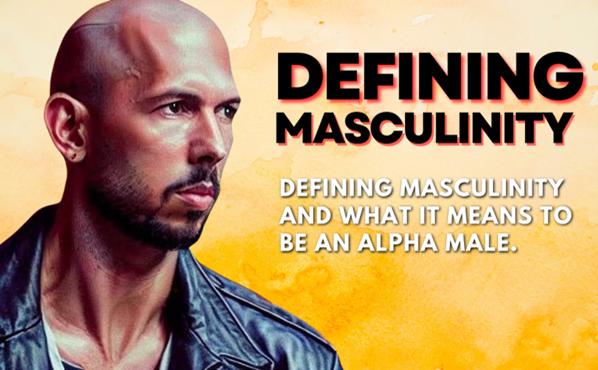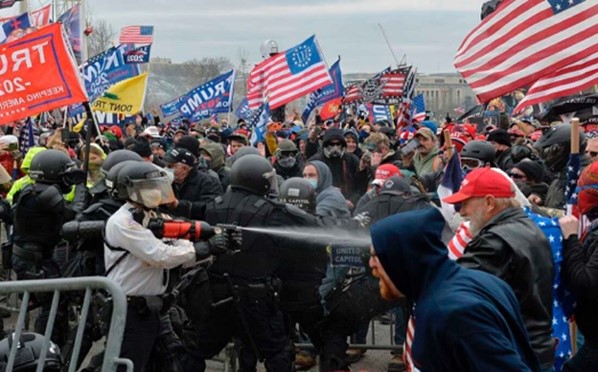Freedom of speech is a controversial topic. The abstract noun ‘freedom’, in this sense, is the privileged manner of having liberty in what we say and how we deliver our utterances to peers. This idea of freedom of speech has been challenged by the growth in digital technology, empowering inflammatory public figures to take this opportunity to spread their twisted and derogative beliefs to Gen Z.

These ‘influencers’ such as Andrew Tate, are notoriously known for male supremacist views, from using his popular public platforms to spread his misogynistic beliefs. For instance, he describes women as “intrinsically lazy” and said there was “no such thing as an independent female”. In the same interview, he goes onto describe himself, saying: “I’m a realist and when you’re a realist, you’re sexist. There’s no way you can be rooted in reality and not be sexist”. This flaunting of his views could lead to radicalisation, specifically of the younger male demographic. In addition, Tate has a somewhat dictatorial style which may convince young people to believe in his obscene perspective and one could worry that this warped ideology could become the norm. Tate uses derogatory language and taboo utterances on public platforms as he is entitled to freedom of speech. This begs the question: is there a need for censorship of social media?
The introduction of censorship of speech, beyond that which is classed as inciting violence, by democratic Governments is thought unlikely. Politicians, who are aware of the power of words, use freedom of speech to promote their own agendas and views to seek political power.
For example, it is alleged that Donald Trump caused insurrection when he lost the 2020 Presidential election against current President Biden. The argument lies around whether Trump rallied his supporters to march on Congress where politicians had met to certify Democrat Joe Biden’s victory.

It has been argued Trump’s words at the “Save America” rally incited violence, from his persuasive language and the referent power he commanded over his political base. He stated, “If you don’t fight like hell, you’re not going to have a country anymore”.
Trump later argued the word, “fight” was figurative and not literal. His inappropriate use of language following his loss of the presidency concluded with the urge to converge on the Capitol.
Furthermore, Trump added to his political disgrace when he tweeted, “Mike Pence didn’t have the courage to do what should have been done to protect our country and our Constitution”. He carried on saying, “USA demands the truth!” and many supporters seemed to link this with his earlier tweet when Trump promoted going against democracy and democratic ideologies. Trump argued Mike Pence, Trump’s own former Vice President, should correct the votes “which were based on irregularities and fraud.” Trump stated, “All Mike Pence has to do is send them back to the States AND WE WIN”.
From this damning accusation, Trump urged his followers to accept his political narrative. From twisting the outcome of the election and pushing his truth that the Presidential election was lost due to Pence’s lack of courage in challenging the results led to rioters chanting for the hanging of Mike Pence and a march on Capitol Hill.
Language can always be used to promote the positive and bring together families, communities and countries. Freedom of speech underpins democratic society. Sadly, there will always be those who use this freedom to manipulate words for their own advantage to enable them to rise to power or gain wealth or cause division between individuals and groups by inciting hatred and discrimination.
By Pip Nuttall